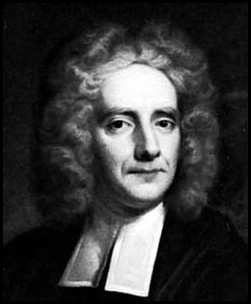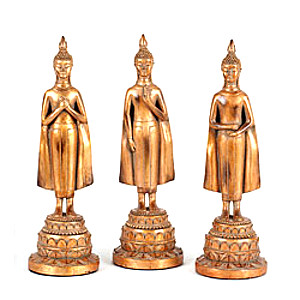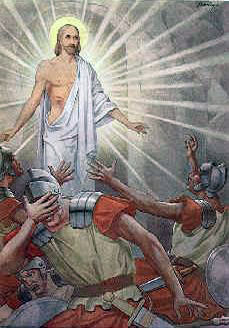
Of all the ancient catholic “fathers” I’ve read, Origen (c.185-254) is the most impressive as a scholar.
It’s not that I usually agree with him – any non-Platonist is going to choke on many of the dishes he’s serving, and I think that most today would take issue with some his ways of interpreting the Bible. But he has vast knowledge, he makes pretty careful distinctions, he knows how to argue, and is just a much more developed and original thinker than most. Any contemporary who was going to square off with him either did or should have considered him a formidable opponent.
He wrote, or rather dictated, a vast amount – evidently, he did little else. Some think he may have been the most prolific person in antiquity. We still have a fair number of texts from him.
He’s historically important for many reasons, but for this post, what’s most important is that in the 3rd century he was considered a stalwart of mainstream (“catholic”, or “proto-orthodox”) Christianity.
Lately I’ve been reading Origen’s Commentary on John, as translated by Ronald E. Heine, who by way, I have found very helpful. He too is a first-rate scholar.
Evidently, passage here is directed against certain monarchians who thought (or at least, were alleged to think) that the Father = the Son, i.e. that the Son is the Father himself and vice versa. This passage struck a nerve with me, as it reminded me of conversations I’ve had.
The references in brackets are from Heine’s footnotes.Read More »Origen: the Son is not the Father







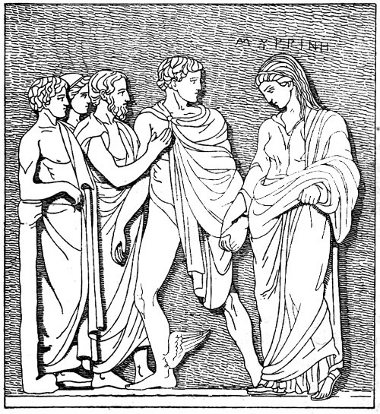
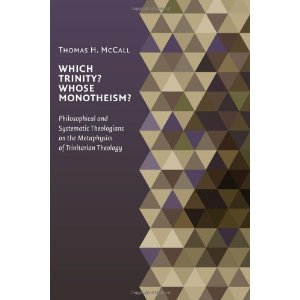



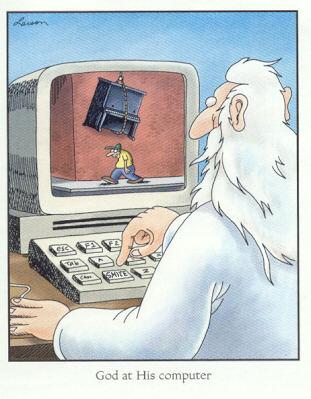

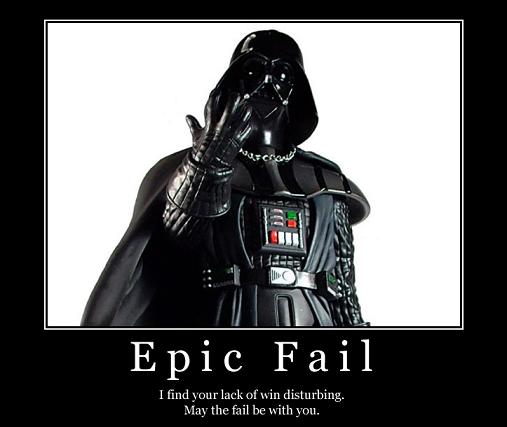


 Were there any “biblical unitarians”, or what I call humanitarian unitarians in the early church?
Were there any “biblical unitarians”, or what I call humanitarian unitarians in the early church?